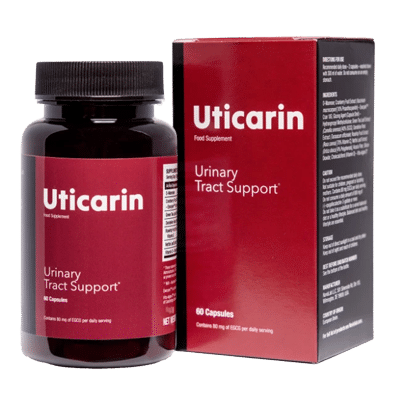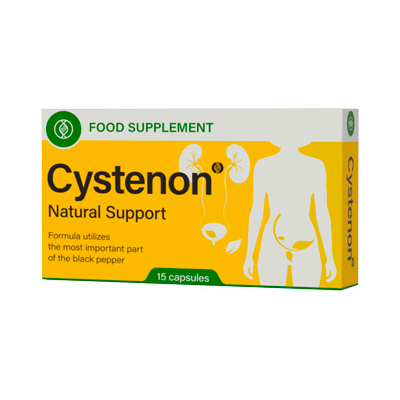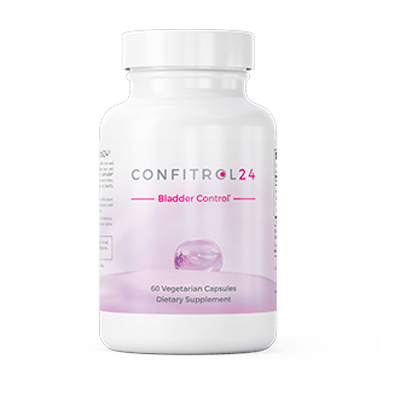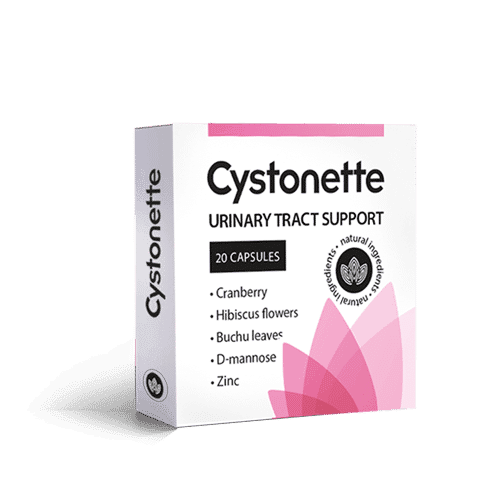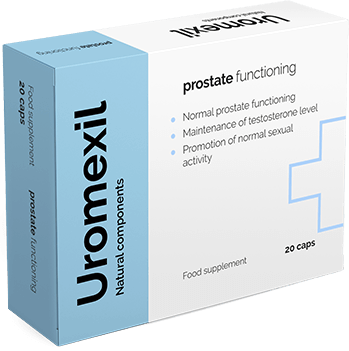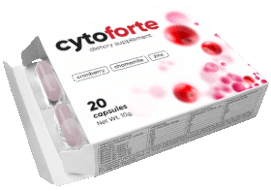Top 10 Cystitis Treatment Products
What is cystitis?
Under normal conditions, the urinary tract is sterile, i.e. they do not contain microorganisms. Most often, the infection is transmitted through the urethra. In women, due to physiological characteristics, bacteria more easily enter the bladder. Uncomplicated cystitis is the most common infection. The incidence depends on age and sex. In infancy, boys are more likely to suffer, which is associated with a more frequent occurrence of malformations of the excretory system. After 1 year the situation changes. The frequency of urinary tract infections increases significantly with the onset of sexual activity and is up to 50 times more common in women than in men. After the age of 60, due to prostatic hyperplasia, the incidence of men increases. Symptoms of cystitis:- Pain, burning or stinging when urinating
- Frequent urge to urinate and discomfort in the lower abdomen
- dark turbid urine with altered odor, sometimes with blood
- subfebrile temperature
- abdominal pain (just above the pubic bone)
- general malaise
Causes of cystitis
The most common cause of cystitis is a bacterial infection. The presence of microbes in the urinary tract causes inflammation. This may be caused by:- transfer of bacteria, mainly Escherichia coli, from the anus to the urethra
- sexual intercourse
- improper intimate hygiene
Treatment of cystitis at home
Self-medication without consulting a doctor can be used by non-pregnant women with typical symptoms of uncomplicated cystitis and in isolated cases. OTC preparations containing furazidin are available on the market and are used to treat uncomplicated lower urinary tract infections. You can also take over-the-counter medications containing paracetamol or ibuprofen for pain relief.Be sure to read the instructions before using the medicines and follow the recommendations. Drink plenty of fluids - about 1.5-2 liters per day. You can also apply warm compresses to your abdomen (such as a heating pad or electric blanket) or take a warm bath to relieve pain and discomfort. Limit sexual intercourse until completion of treatment. Regardless of gender or age, see your doctor if you experience:- fever and chills
- pain in the lumbar region
- nausea and vomiting
- general malaise and pain

